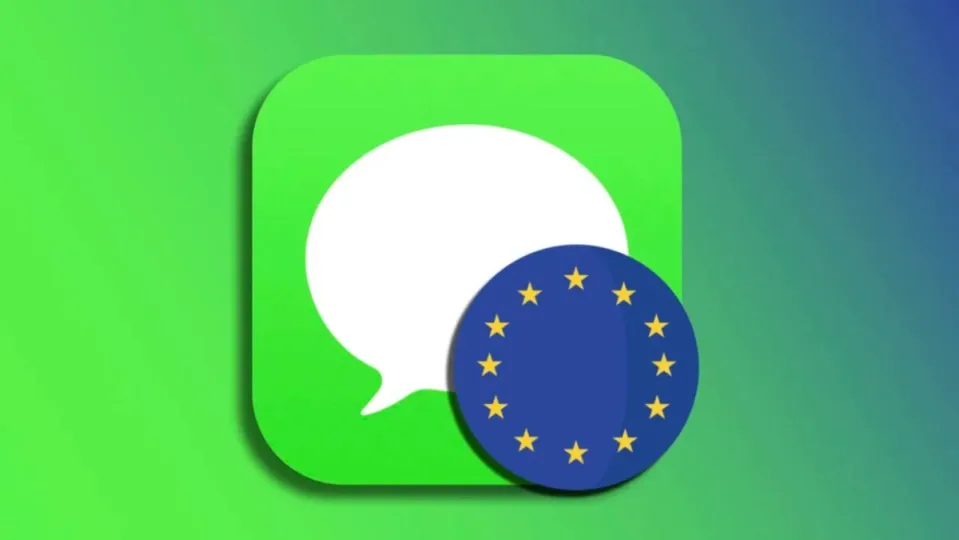Recently, the European Union has decided, after its initial attempt, not to include iMessage, Apple’s messaging service, in the strict regulations of the Digital Markets Act (DMA). As Apple responded to the EU after its inclusion in an initial draft list, the Cupertino company’s service does not have enough users to be affected by this new law.
Without regulation, but with the same result
The DMA is a legislation that seeks to regulate tech giants, which it calls “digital gatekeepers,” forcing them to open their platforms to third parties and ensure the interoperability of their services. One aspect of this DMA is to require services like iMessage to implement interoperability with other messaging platforms, such as WhatsApp or Messenger, both owned by Facebook.
However, after a five-month investigation, the European Commission concluded that iMessage does not hold a dominant position in the market, especially regarding its use by businesses, and therefore, it will not be subject to interoperability regulations under the DMA. This decision has been welcomed by both Apple and Microsoft (owner of Bing, which was also excluded from certain regulations under the same logic), who have expressed their satisfaction with not being affected by the DMA.
The most important thing here is to make a clear distinction. iMessage as a protocol is one thing, and the Messages app on our iPhone, iPad, or Mac is another thing. And this is an important distinction to keep in mind because, while iMessage won’t have to integrate third-party services and can continue to maintain Apple’s service security standards, the Messages app presents other changes.
By its own decision, Apple announced that the Messages app will adopt the RCS protocol in the coming months. This will mean that through Messages we will be able to send photos, videos, audio messages, stickers, and other types of content typical of iMessage to anyone. RCS replaces traditional SMS and already has support on Android. Thus, we will be able to communicate with anyone through the Messages app just like we would already do on Telegram or WhatsApp, for example.
Ultimately, we are facing a truly interesting scenario. While we will continue to enjoy maximum privacy and security when sending messages between Apple devices, thanks to RCS we will be able to communicate much more freely than before when talking to Android users. This is not achieved through regulation but through the natural evolution of standards, and soon we will all enjoy it.


